CRITIC’S CORNER | Henna Bakshi
Henna Bakshi is the editor of Eater Atlanta, and a long-term writer and producer at CNN. Her wine-writing appears in Decanter, Wine Enthusiast, Eater, VinePair, Full Pour and Chowhound, among others. This month, she won the Best Long-Form Writing and Best Short-Form Video titles at the inaugural 67 Pall Mall Global Wine Communicator Awards (seen below, collecting her award from judge Olly Smith). In this short excerpt, she examines the concept of wine made in war zones
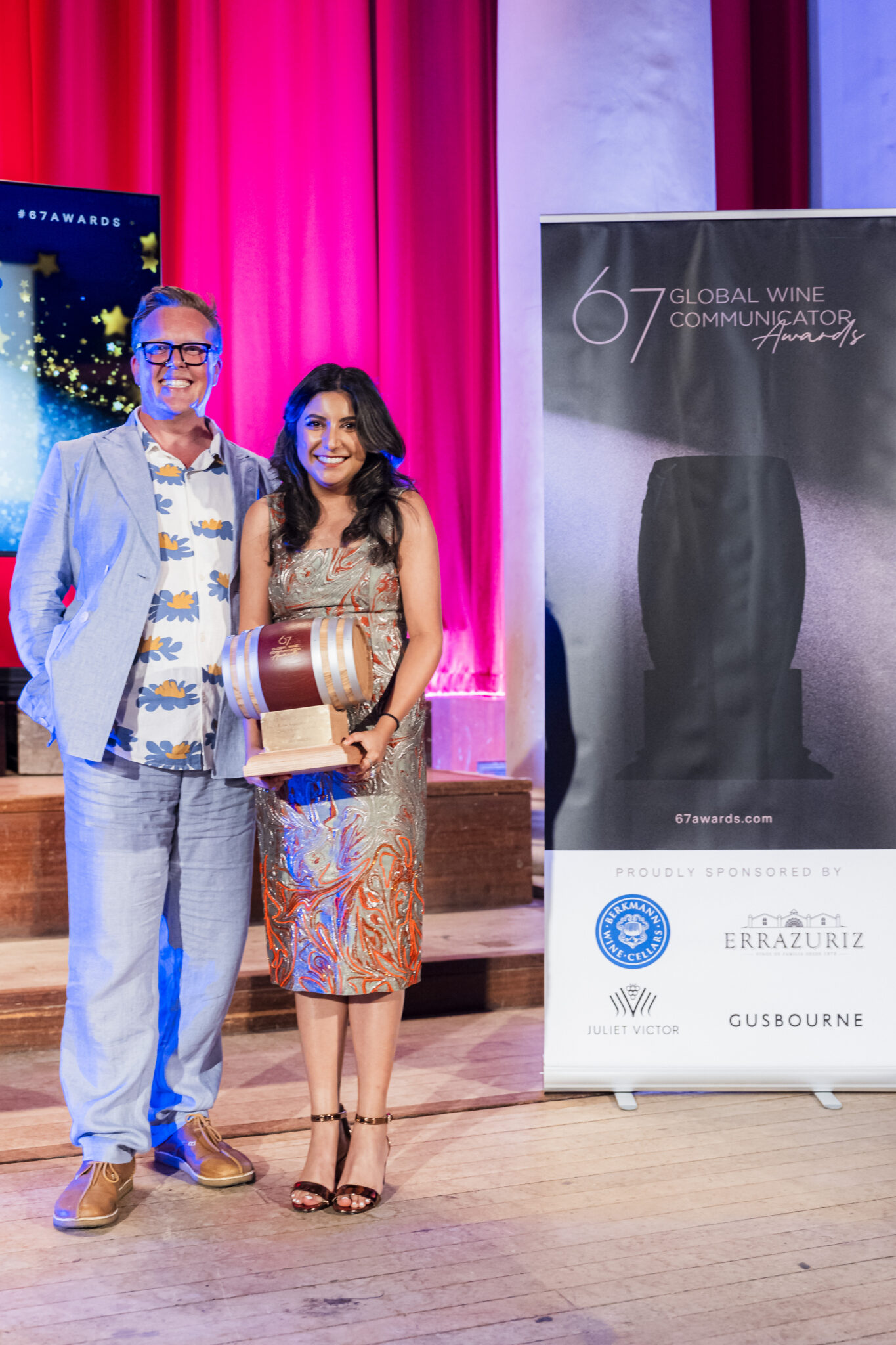
I have worked at CNN for a decade, covering daily news of war, politics and US shootings. Among the rubble and seemingly endless flow of brutality, it is food and art that rise to tell the tale of a community. The winemakers in war-torn regions are shepherds of viticultural history and deserve a spotlight beyond the glamourisation of conflict. Their circumstances have undoubtedly made them stronger, and the quality of the wine is evident.
Winemakers in war zones have an important role in keeping viticulture alive. The tale of Château Musar is well documented but today, other producers in Lebanon are making high-quality, terroir-driven wines. In the far northern reaches of the Bekaa Valley, you’ll find Eddie Chami of Mersel Wine making a line of low-intervention pet-nats – cheekily named ‘Leb Nat’ – from the local Merwah grape, plus Viognier, Sangiovese and Cinsault. He also makes still wines, including a whole-cluster fermented Cinsault, Pinot Noir and Merwah.
‘For me, the wine has to
sari khoury
rise above the suffering’
‘I never, ever want to use war as a tool for people to drink Lebanese wine out of sympathy,’ says Chami. ‘I want to be associated with identity, history, with what we can keep.’
Chami’s efforts don’t stop at his own vineyard. Today, he and his family work with more than 50 local grape farmers. He’s also helped a new generation of Lebanese winemakers to launch their own careers, including sharing the winery with a group of women winemakers.
Michelle Chami (Eddie’s wife) and Claudine Lteif launched Heya Wines after noticing one crucial detail during harvest. ‘80 percent of the workers in the field are women,’ says Lteif. ‘We found out these women were getting paid less than men and we had to do something about it.’
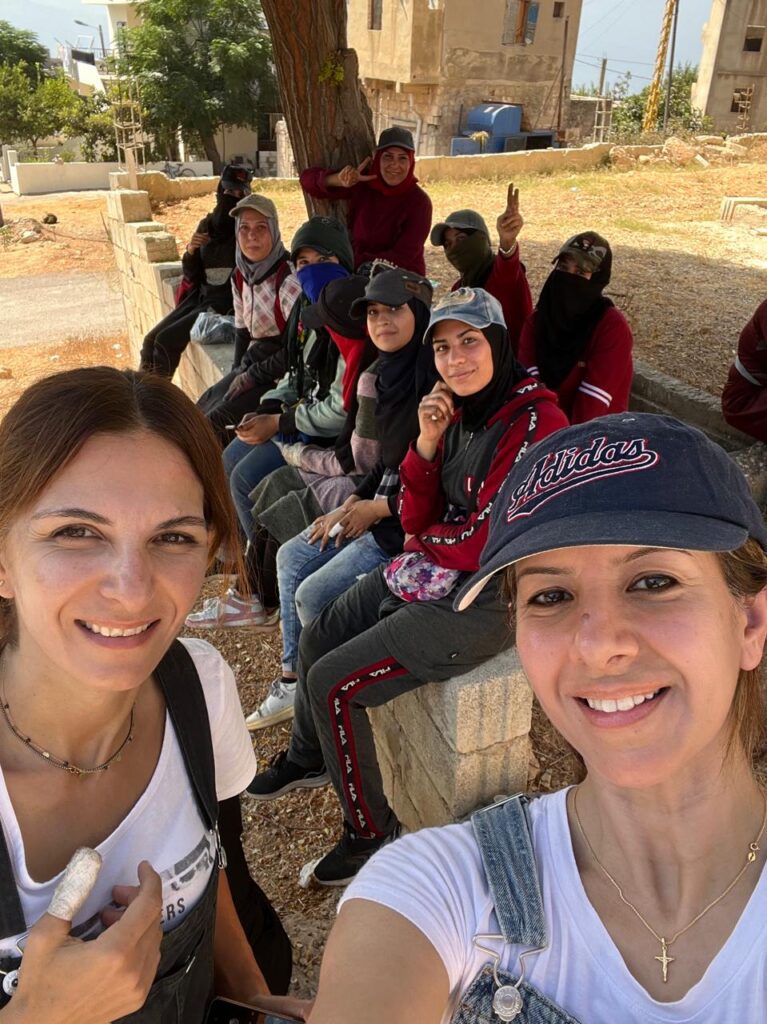

With a female-led team, Chami and Lteif started experimenting with small-batch wine in 2019, and by 2022 were producing their first vintage. From harvest, pruning, pressing, packaging and delivery, every step of production is done by the hands of local women who are paid an equal wage. The winery is also shared with Laila Maghathe of Love Letter wine.
Though the region is ideal for winemaking, the yearly travel between growing seasons from Cincinnati, where Maghathe lives, to Lebanon is no cakewalk, especially given the political fragility of the region.
‘Of course, [war] affects you mentally and subconsciously,’ says Maghathe. ‘Knowing there is this tension before I fly – will I be able to go? Will the borders be shut off? Will there be a war starting tomorrow? But you just have to get up and do it.’
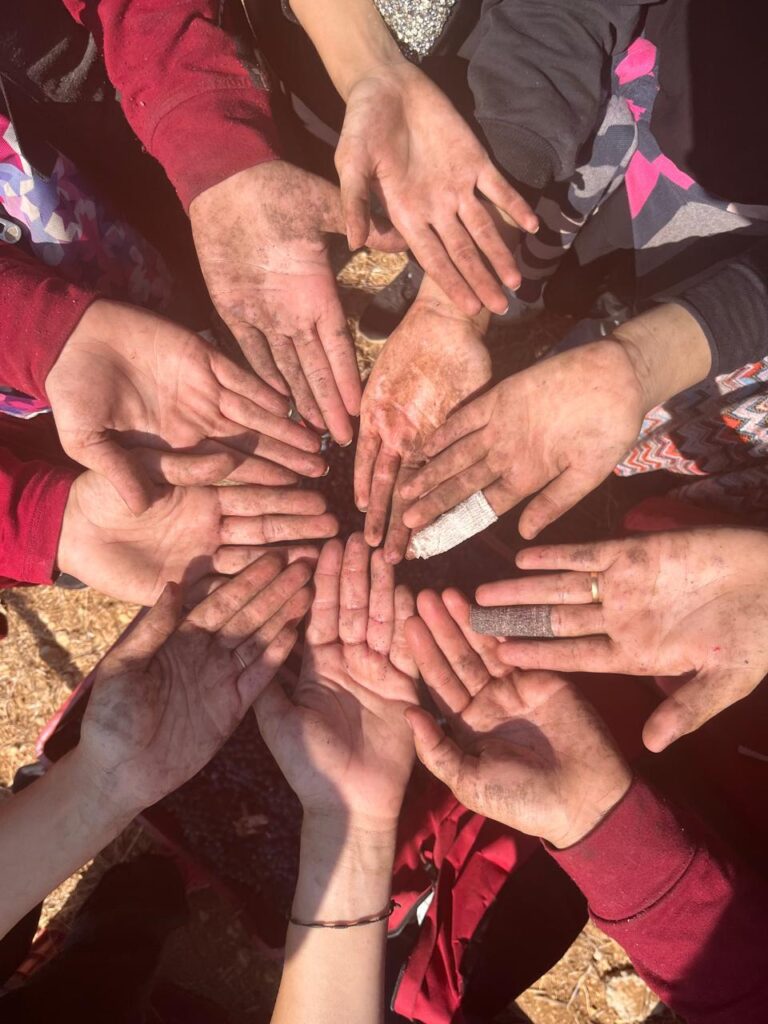

Among the winemakers I have met, I think of Sari Khoury’s well-being every day. Khoury is behind Philokalia Wines, based in Palestine — a region so bruised with conflict that it has become second nature to endure it. Despite it all, Khoury picks his grapes under a military watch tower. His wines come from old vine, indigenous varieties, with his ‘Grapes of Wrath’ orange wine winning bronze in the Decanter World Wine Awards this year.
‘Can Palestine produce quality wine, even in these difficult circumstances?’ Khoury asks. ‘Most Palestinians will say no. I say yes. I am testing that theory on myself.
‘If you stick to it, you learn to find beauty in suffering,’ he adds. ‘It becomes a guiding star and a source of hope. For me, the wine has to rise above the suffering.’
Not a 67 Pall Mall Member? Sign up to receive a monthly selection of articles from The Back Label by filling out your details below
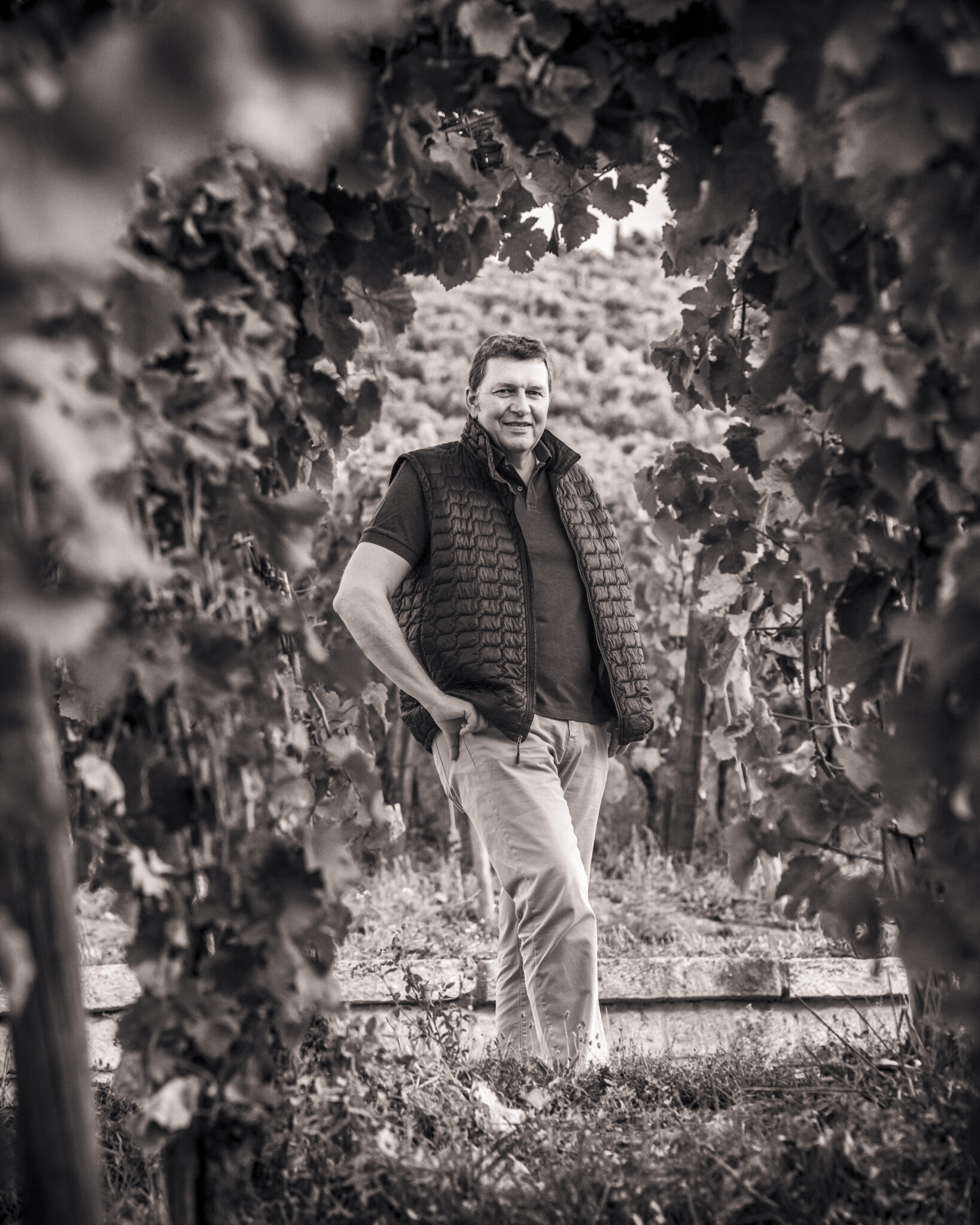

WHAT
I’VE
LEARNED
Olivier Humbrecht MW, Zind Humbrecht
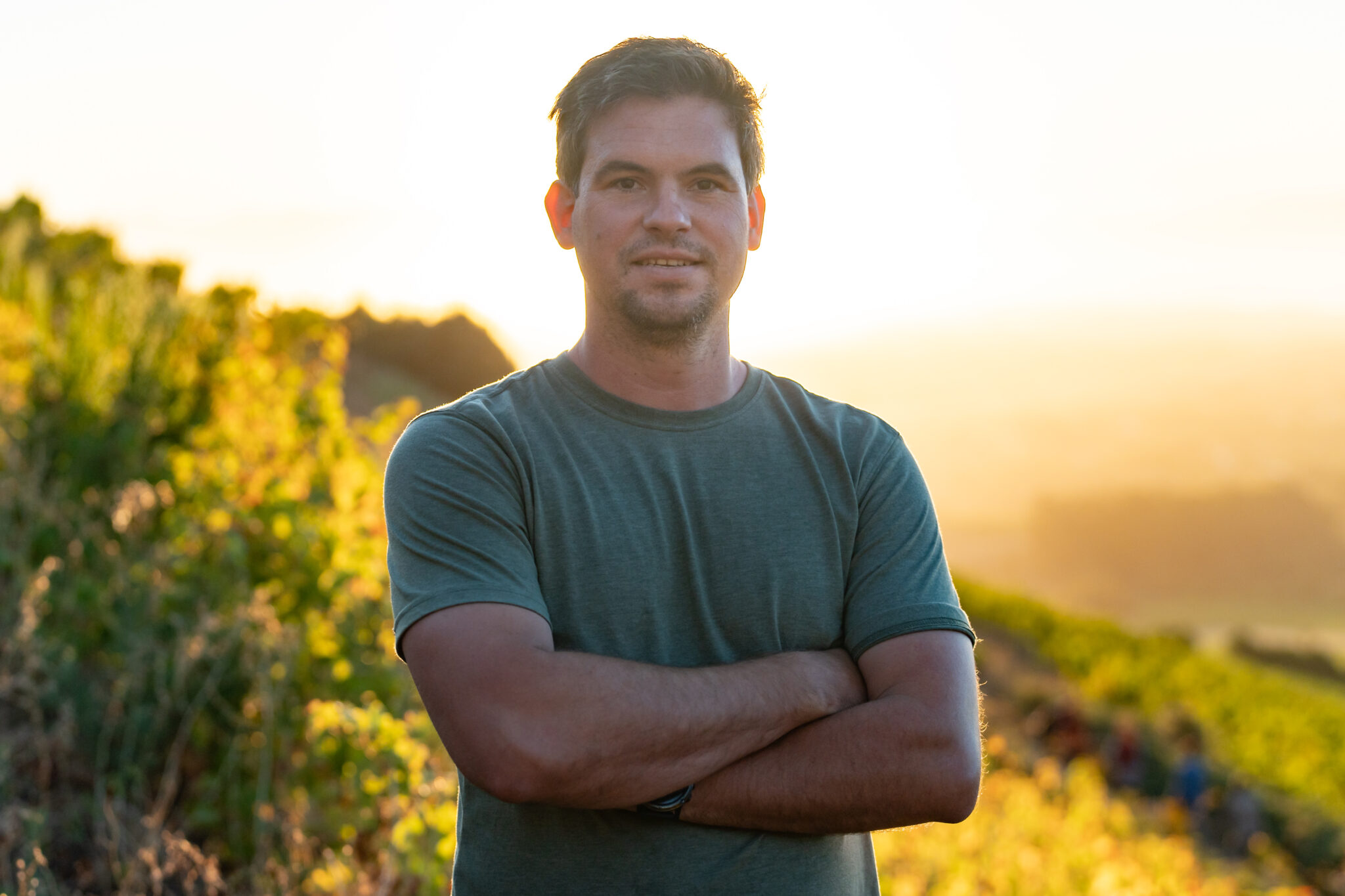

IN
THE
VINEYARD
Klein Constantia, South Africa
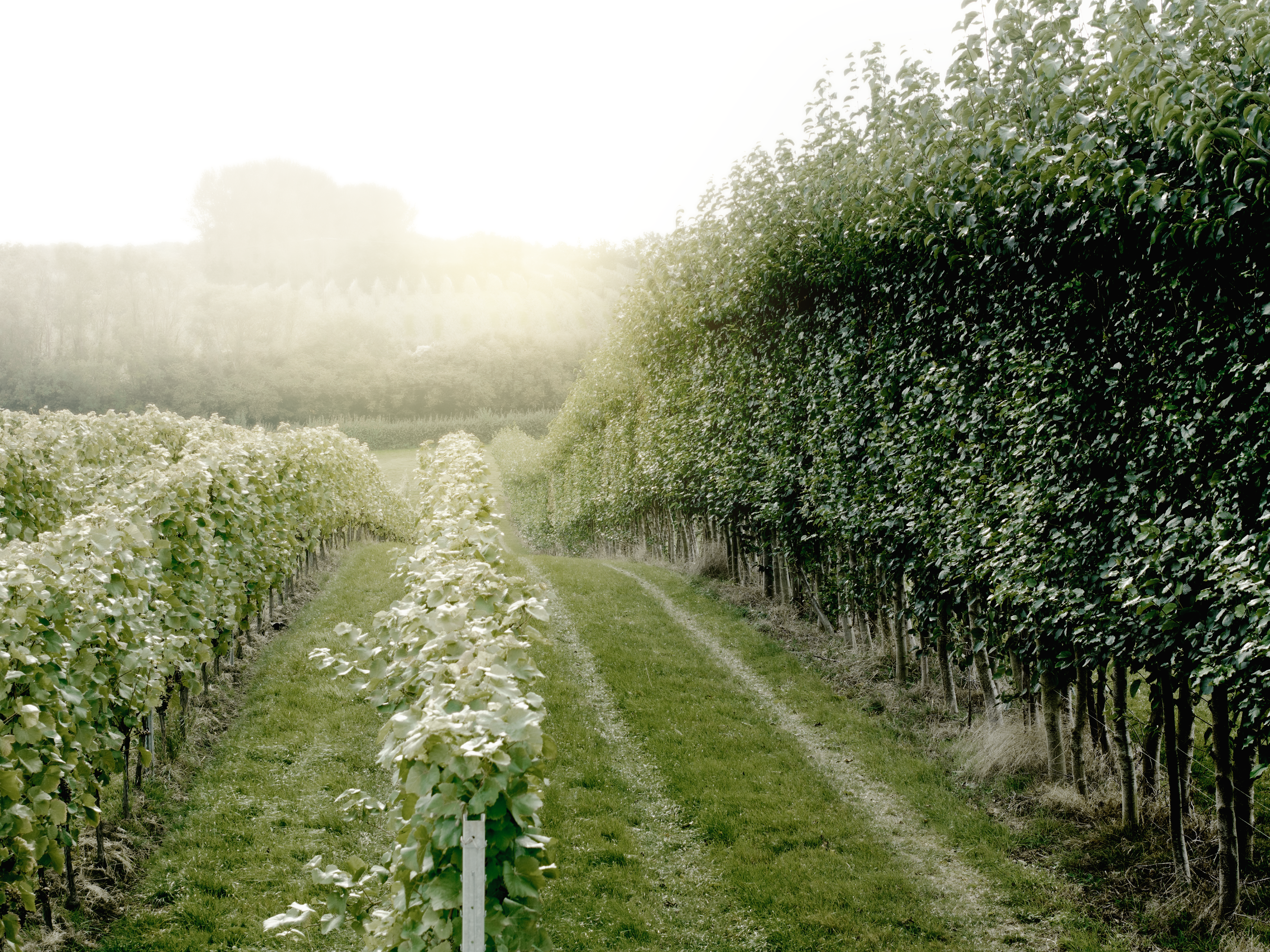

UNDER
THE
SURFACE
The story behind Champagne Taittinger’s English fizz
